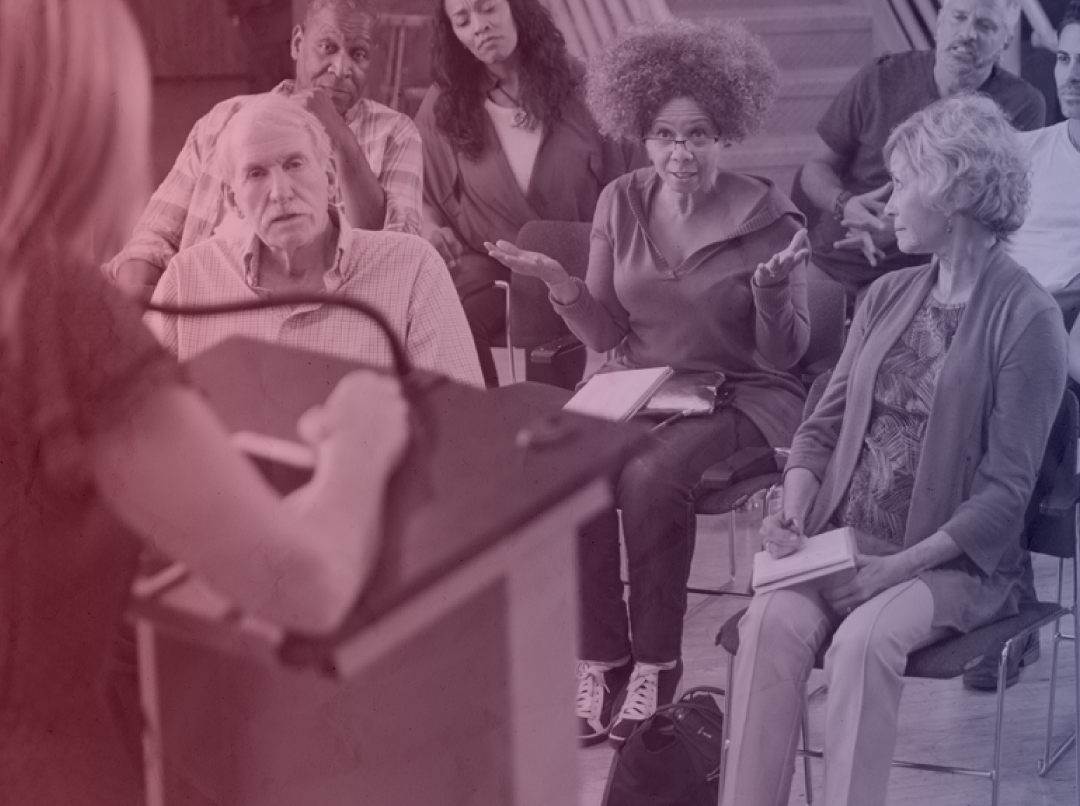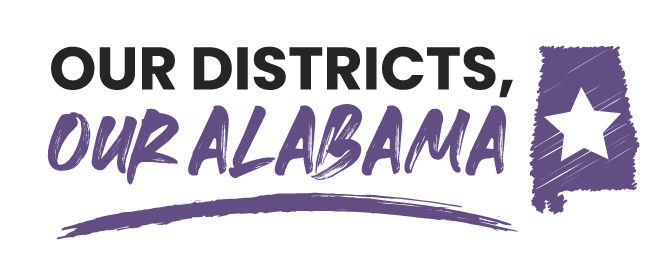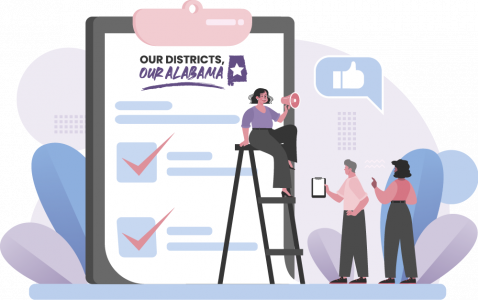Apart from voting, contacting your elected officials is one of the most important tasks you can perform as a citizen. It is the best way to share your opinions and helps influence changes within your local community. Let’s take a look at the simplest ways to contact your elected officials!
1. In-person meetings
If you have the opportunity, speak to your elected officials in person. You will find that you can have more engaging conversations and have a greater chance of having your voice heard. It’s important to note that members of Congress are often traveling, but when they are in town, you can call the district office to arrange an appointment to meet with them. There are also staff members within their offices whose job is to form relationships with individuals such as yourself. You will create a much longer-lasting impression during an in-person meeting.
2. By Letter
We understand that not everyone can meet in person, and if that’s the case, sending a letter is the most impactful way to reach them. The offices for Congress members are set up to receive and log communication they receive by mail. When writing a letter, you will need to ensure that you concisely share your concerns or opinions, keeping it to one page. Any multiple-page letters are unlikely to be read, so stick to your main points and avoid being repetitive or stating anything unnecessary. And Keep in mind, you should ensure you are polite throughout your contact to increase the likelihood of receiving a response.
3. By Email
Email has largely replaced traditional mail, and it’s an excellent tool for contacting a member of Congress. If time is sensitive for your concern, email is one of the best ways to get a quick response, as they are usually processed quicker than mail. When time is critical, make sure you make that very clear at the start of your email to incite quicker action. Once again, being courteous in your communications is the best way to get a response.
4. Through Social Media
Social media is a tool used by organizations of all types today, including the government and elected officials! If you are looking to share your view and receive a quick response, it’s an additional option. Twitter and Facebook are the two most popular platforms for legislators, and they often use them to share information with their constituents. The great thing about social media is that you can upload images to support your case further and then tag your member of Congress in these images. Of course, always act with respect and professionalism when using this form of contact to start a civil dialogue with your elected officials.
Whichever way you choose to contact your elected officials, we encourage you always to take the time to compose your message and share your thoughts. Don’t ever act antagonistic, and instead, create a compelling and thought-provoking message that’s more likely to receive the response you desire. Get started today by utilizing our ‘Our Districts, Our Alabama’ template letter to contact your representatives about the 2021 redistricting process here!
